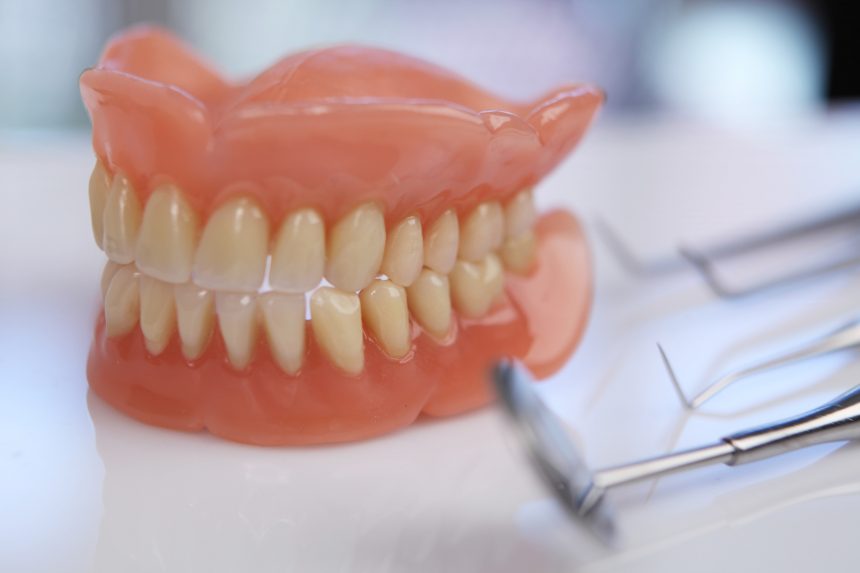Full and Partial Set of Dentures
Dentures or dental prosthesis are artificial teeth that are used to replace missing teeth or teeth that need to be taken out.
There are many reasons people opt for dentures and some of the reasons include:
1. Restoring youthful appearance.
2. Returning your ability to eat properly.
3. Improving your smile
4. Improvement of health by removing periodontally compromised teeth and having denture replacements
5. As a cheaper option to replacement of gaps by bridges or implants.
Types of Dentures
1. Acrylic Dentures.
These are by far the oldest and cheapest type of dentures available; they are made from rigid acrylic material and are a good choice for partial dentures (where only some teeth need to be replaced) as well as full dentures (where all teeth need to be replaced). They can take some getting used to and may have wires to support the dentures.
2. Valplast Dentures
Valplast dentures are flexible dentures suited only for partial replacements. They are designed to bend and absorb the forces in the mouth which makes them a lot easier to wear. Unlike acrylic dentures, they do not use metal wires for support and are also less bulky than acrylic dentures.
3. Metal Partial Dentures
These are the most costly of the dentures that are available, but the most durable.
They consist of a metal framework on which the teeth sit. You cannot see the metal framework when you smile and because this framework is thin, it is very comfortable to wear. Its design also makes these dentures very stable and retentive.
How long do I wait after having teeth removed before I can have dentures made?
There are several ways you can go about having dentures, most dentists will recommend that you wait three weeks after the extractions are done then make up the dentures, this will allow you control during the denture construction process as well as allowing your gums to settle. However, because healing of the gums and bone will still be occurring, after 3 or so months you will need to reline these dentures as the dentures will feel loose as the gums and bone shrink back after healing.
If walking around with no teeth is not your ideal plan, then an immediate denture may be an option. This involves coming in for an appointment, having moulds taken and after 5-10 days your dentures will made. Once the dentures have been made, you will have an appointment scheduled and your teeth will be removed and your dentures put in. You will need to have a reline of these dentures after about 3 months after you have this procedure as during this time your gums and bone would have shrunk as they have healed and the dentures will feel loose. This is suited to only acrylic dentures however.
The last option is to let the bone and gums heal completely after extracting the teeth and after 3-4 months, have the dentures made up. This again allows you control during the making of the denture as well as avoiding the costs of a reline.
Caring for you dentures:
Dentures are a great way to replace missing teeth, but they do need special care. Remember, dentures are not exactly like real teeth and there are certain things you can and can’t do with them. It is very important to leave your dentures in water when you are not wearing them. This is to prevent the dentures from becoming brittle and less prone to breakage.
Also, do not drop your dentures, especially the acrylic type. Remember these are made with a rigid material and can break when dropped.
Dentures must not be cleaned with regular toothpaste as toothpaste contains tiny abrasives that can scratch the surface of your dentures. These tiny scratches will give a dull appearance to your dentures and also provides a place for food particles and plaque to gather.
If you have any questions , please feel free to call us on 0800 268 954 or email us on appointment@hillparkdental.co.nz

